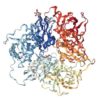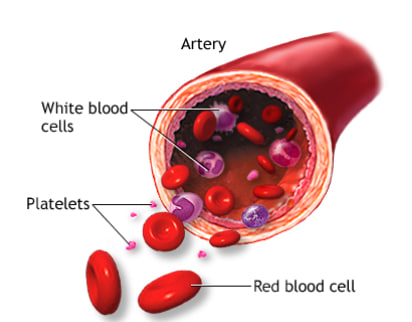CBC – Complete Blood Count
Complete Blood Count #85025
Complete Blood Count (CBC): A Vital Test for Immune and Nutritional Health
A Complete Blood Count (CBC) test provides crucial insights into your immune system, nutrient levels, and overall health, including low or high basophils, high lymphocytes, elevated MCV and high eosinophils. By examining specific components of blood, this test helps identify possible infections, inflammatory conditions, and biochemical imbalances that affect mood and well-being, especially within the Walsh Approach for targeted nutrient support.
What is a CBC?
A CBC measures the levels of various blood cells, including white blood cells (WBCs), red blood cells (RBCs), hemoglobin, and platelets. This test allows practitioners to analyze immune responses, nutrient needs, and factors that may contribute to mood-related symptoms, such as depression and anxiety.
The Importance of a CBC in the Walsh Approach
In the Walsh Protocol, a CBC is invaluable for identifying key nutrient requirements and methylation support needs:
- Vitamin B12 and folic acid requirements may emerge from high MCV values.
- Elevated basophils may prompt a need for methylation support in cases of high or low whole blood histamine and depression.
- Low RBC or signs of anemia could indicate iron deficiency or a need for further testing.
Personalized Support with Dr. Dave
If you’re looking to understand your CBC results or explore natural approaches to manage symptoms, Dr. Dave offers a 10-minute consultation for $50 when ordering this test. In this session, he will provide guidance on the connection between your blood results, nutrient needs, and natural treatment strategies for mood and immune health.
Basophils and Methylation: A Key to Mood Health
Basophils release histamine and play a critical role in allergic responses and inflammation. Elevated basophils can also correlate with undermethylation and high whole blood histamine levels, often associated with symptoms of depression and obsessive-compulsive tendencies. Low basophils on the other hand correlate with overmethylation, a condition of low histamine, high serotonin and often symptoms of anxiety, ADHD and depression. The Walsh Approach emphasizes evaluating basophils and histamine as part of a comprehensive methylation and nutrient assessment, supporting targeted treatment for mood stability and emotional well-being.
Elevated White Blood Cells (WBC) and Immune Response
White blood cells are essential for fighting infections, and their levels can indicate specific immune responses:
- Elevated WBC levels may suggest an active infection or inflammation.
- By looking at basophils and total WBCs, we can differentiate between bacterial and viral infections, helping target the correct treatment approach.
Elevated Eosinophils and Parasite Infections
Eosinophils play a key role in fighting parasites and are commonly elevated in cases of parasitic infection or allergic responses. Elevated eosinophils can indicate the presence of a parasitic infection or ongoing inflammation, and further tests may be required to determine the source.
Elevated Lymphocytes and Viral Infections
An increase in lymphocytes often suggests an active or chronic viral infection. Elevated lymphocytes can indicate conditions such as Epstein-Barr virus, cytomegalovirus, or other viruses. Recognizing high lymphocyte patterns aids in tailoring a more effective treatment plan.
Elevated MCV: Assessing Nutritional Deficiency
The Mean Corpuscular Volume (MCV) measures the average size of red blood cells. High MCV may indicate deficiencies in nutrients like Vitamin B12 or folic acid, which are essential for DNA synthesis and cell health. Low MCV and MCH (Mean Corpuscular Hemoglobin) values often point to anemia, highlighting a potential need for iron supplementation or additional testing to understand nutrient deficiencies.
| CBC Test | Test Only, Test plus 10 Minute Phone Consult |
|---|


